“Over the next decade, a new generation will enter the workforce. This is a generation that has been shaped by lifelong mobile connectivity, large-scale institutional shifts, widespread refugee migration, and first-hand experience of climate instability. It is also a generation that is coming of age in a global economy of mostly borderless markets, of global reputation platforms, and in many locations, nearly unbridled optimism for the future”- IFTF & Misk Foundation
In the summer of 2018, Institute for the Future, with support from the MiSK Foundation, interviewed 60 members of this generation, aged 16 to 30, in six cities around the world: Austin, Berlin, Chongqing, Jeddah, Lagos, and Mexico City. The research project culminated with the release of an 80 pages study of the global future skills for lead-leaders focusing on work+learn paths for future-ready learners.
The research is unique and full-on content about future skills. In this post, I will only be sharing the spectrum of skills that learners can cultivate to create their own unique work+learn paths to take advantage of their personal strengths and interests as well as their resources and cultural environments according to the IFTF and Misk Foundation.
Key-terms:
Future skills: abilities and capacities that people will develop in response to the future human environment, including the changing institutional environment, the evolving human toolset, and larger environmental factors such as the global economy and global climate change
Lead learner: a learner how is one of the first in a population to adopt an innovative tool or process for learning. A lead learner is analogous to a lead user in the diffusion of innovation theory and thus serves as a signal of practices that may spread through the larger population.
The spectrum of skills
Each point on these spectrums represents a set of unique skills that any given individual may cultivate. It may be building celebrity through sophisticated social media branding or increasing self-knowledge by simulating personal futures. It may be taking care of migrant workers in a strange country or coaching others to evolve their life paths in a chaotic global economy. These are the spectrums of future learning: the skills depend on where along the spectrum any given learner chooses to focus.
MAKE YOURSELF KNOWN: mastering reputation and identity in a connected world
For more than a century, young people have sought credentials and certifications to gain entry into the workforce. They have then sought to build resumes that would help them pursue a lifelong career, hoping to find the job that “fits.”
For most of today’s young people, however, credentials are not the key to unlocking the door to a productive life. While they may still seek them, they realize that they need much faster and more relevant means of making themselves known, both to the public and to themselves.
MAKE YOURSELF KNOWN is a spectrum of skills that spans both public reputation and private identity. Not everyone will master the entire spectrum. But everyone will need to master some position on the spectrum.
Celebrity: the ability to stand out from the crowd in one’s field of endeavor and leverage one’s name recognition in order to make an impact in the world
Visibility: the ability to make oneself accessible to the people and organizations that one needs to collaborate with in order to build a desired work+learn path
self-knowledge: the ability to know one’s own mental, emotional, and physical strengths and weaknesses in order to bring one’s authentic self into life’s projects
BEFRIEND THE MACHINES: mastering the world of digital machines
Because digital machines are constantly evolving, it is impossible to point to a single technical skill— such as coding—those young people can turn into a long-term career. In fact, many experts believe that artificial intelligence (AI) will render human coding obsolete, in much the way that robotics will render many human physical tasks, from assembly line work to surgery, obsolete.
Nevertheless, every young person will need to find ways to collaborate with digital machines, both managing them and working for them over the coming decades. They will need to find their unique role in the global human-machine ecosystem.
BEFRIEND THE MACHINES is a spectrum of skills that enables people not only to collaborate with digital tools and technologies to shape daily reality for themselves and others.
Curation: the ability to find, interpret, and apply digital resources to the task at hand and to share those resources with others in order to create new value
Creation: the ability to create innovative content, resources, tools, or experiences, using digital media and even building AI as needed in order to amplify creativity
Simulation: The ability to build digital models of oneself, one’s environment, and one’s future in order to test possibilities and make better decisions about one’s individual and shared reality.
BUILD YOUR CREW: mastering collaborative structures
Traditional education has been organized hierarchically and has trained young people to work in hierarchical organizational structures. Once trained, they have been hired for well-defined roles and assigned well-defined tasks.
Young people today are learning to work in a very different world, where they must often put together their own teams to work collaboratively. They must create their own collaborative work structures. Even if they find themselves working and learning in traditional institutions, they are evolving the skills of peer-to-peer and collaborative enterprises in projects outside these organizations.
BUILD YOUR CREW is a spectrum of skills that connect people in organizational structures that allow them to create new value, both financial and social, from their relationships, both local and global. These tend to be scale-free structures—that is, they can quickly scale up or down beyond the limits of traditional corporate structures.
Startups: the ability to tap networks of friends, family, and other supporters to launch new small-scale enterprises in order to create significant returns on investment (rather than relying simply on wages)
Communities: the ability to create collaborative spaces, from simple scenes to structures such as learning coops or digital and place-based projects such as disaster relief, in order to create new value in the community
Networks: the ability to connect people and resources in distributed, node-based systems of value creation or social impact in order to amplify the ability of individuals to learn and earn throughout their lives.
MAKE SENSE: mastering a high-resolution world
One of the roles of traditional work and educational institutions has been to build a consensus reality about how the world works and what’s important to accomplish in that world. This consensus reality has relied on general agreement on broad-brush descriptions of the living world.
Over the coming decade, the growth of digital data will vastly outpace the growth of the human population, creating a high-resolution digital ecosystem that reveals the complexity of our global realities in unprecedented detail. And young people will learn to manipulate this digital ecosystem to create new global realities.
MAKE SENSE is a spectrum of skills that spans the art and science of interpreting the high-resolution sensory experience of the world to better understand—and even remake—the human experience.
Narratives: the ability to convert complexity, whether it arises from the growth of digital data or the human experience, into brain-friendly stories in order to motivate and guide the human effort
Operational frameworks: the ability to create simple recipes for complex activities in order to support both human and machine collaboration and value creation
Ecosystems: the ability to visualize and manage whole systems in order to coordinate an ever-growing set of subsystems for the benefit of the whole
KEEP IT GOING: mastering resilience in extreme environments
The long-term values and precepts of individuals and communities are typically taught in the context of family and religious institutions. In more secular aspects of daily life, educational institutions have also performed this function, and today, even young people who don’t see the relevance of formal learning to work opportunities acknowledge that it is a critical foundation for creating “good people.”
Nevertheless, young people are also creating new pathways to taking care of one another and the planet in the face of such extremes as climate change, migration, and a volatile global economy.
KEEP IT GOING is a spectrum of skills that will be necessary to build sustainable lives and communities in extreme environments of the future, reimagining everything from ethics to intelligence.
Caring: the ability to empathize with many “others,” from one’s own family and community to imagined communities around the world, in order to understand the broader impacts of one’s own actions
Sharing: the ability to create new social and economic structures for making the most of limited assets in order to assure the viability of human communities while protecting the environments they depend on
Evolving: the ability to grow one’s own intellectual, emotional, and physical capacity, using AI, neuroscience, and experiences of failure, in order to pivot rapidly to a new path.































